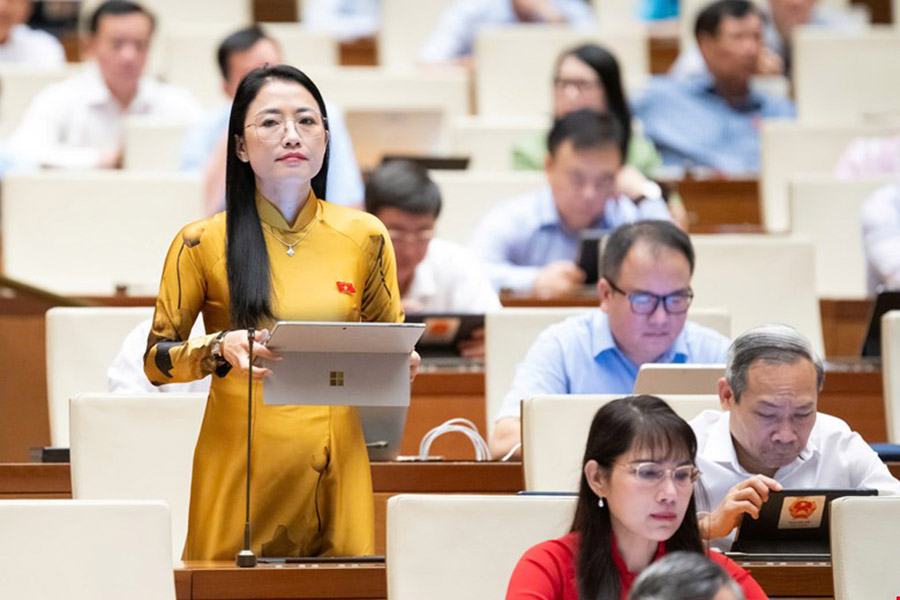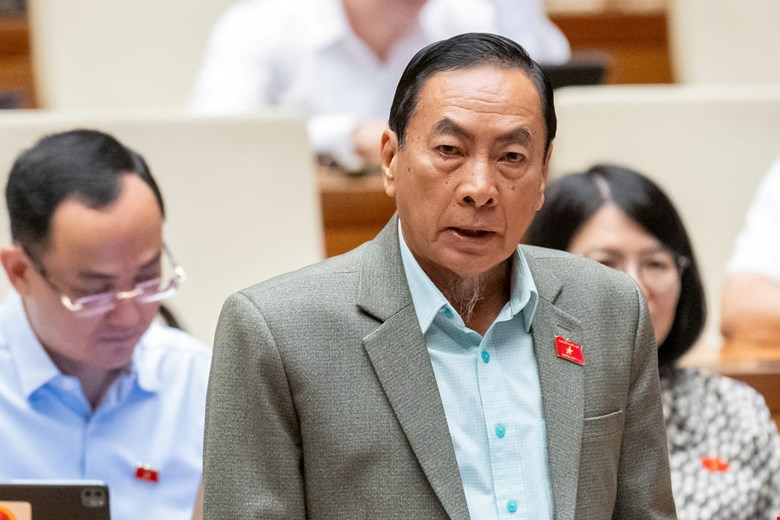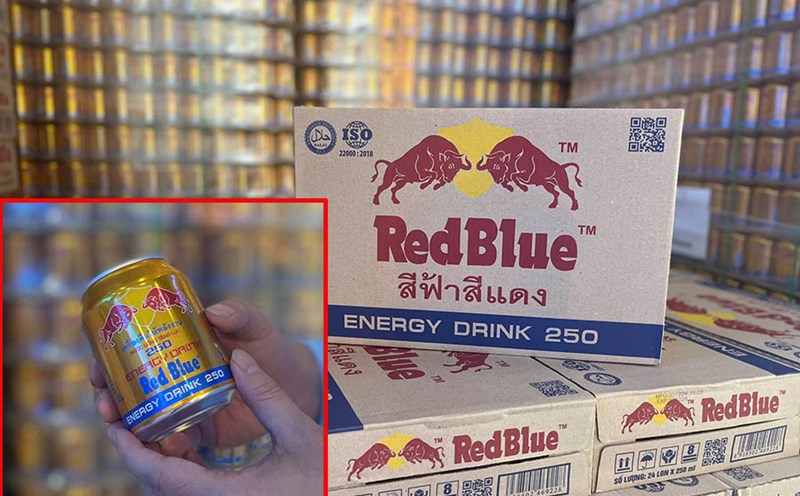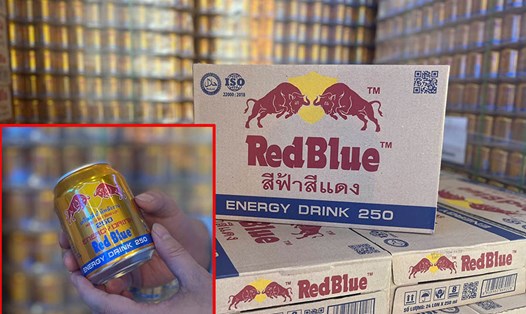Continuing the 9th Session, on the morning of May 10, the National Assembly listened to Central Party Committee member, National Assembly Standing Committee member, Chairman of the National Assembly's Committee on Culture and Society Nguyen Dac Vinh present a Report on explanation, acceptance, and revision of the draft Law amending and supplementing a number of articles of the Law on Advertising.
After being accepted, revised and finalized, the draft Law consists of 03 articles, 23 articles have been amended and supplemented, 1 article and 7 points and clauses of the 2012 Advertising Law have been abolished, an increase of 5 amended and supplemented articles compared to the draft submitted at the 8th Session.
After listening to the report, National Assembly deputies discussed in the hall a number of contents with different opinions of the above Draft Law.
Many National Assembly deputies assessed that the Draft Law has been studied by the presiding agencies, reviewed, and drafted by the drafting agencies in coordination with relevant agencies, and basically fully and seriously received the opinions of National Assembly deputies at the 8th Session.
However, there are still many contents that National Assembly deputies suggested that the drafting agency continue to consider.
ignoring information on product labels
Speaking, delegate Tran Khanh Thu - Member of the National Assembly of Thai Binh Province - requested the drafting agency to study and remove the content specified in Point b, Clause 3, Article 19 of the Law on Advertising (amended).
Accordingly, advertising content, including content that must be displayed on goods labels, product packaging according to the provisions of the law on goods labeling...
According to the delegate, the nature of regulating labels to make products transparent is the fastest form of product advertising. However, it is very common to neglect recording information on product labels, even in cases of copying and disguising the concept.

Providing evidence, delegate Khanh Thu said that fructose has been proven by many studies to be harmful to metabolic disorders but is still being used and labelled as "esecuted, misunderstanding".
"Many products are listed as corn syrups and liquid sugar scups. Some other products do not record sugar content alone but only synthetic carbon hydrates.
Like some carbonated soft drinks, the sugar content is only over 100ml. For example, a 390ml bottle of water only has a sugar content of 100ml on the label. If you don't read it carefully, many people may misunderstand that the bottle only has 10g of sugar, but in fact it has nearly 41g of sugar. This is an extremely dangerous problem," delegate Tran Khanh Thu shared.
From the above reality, the delegate proposed to remove the regulation at point b, clause 3, Article 19 of the Law on Advertising (amended).
Countries around the world deal severely with celebrities for false advertising
Continuing to contribute opinions, delegate Tran Khanh Thu suggested that the drafting agency study and supplement regulations on the related responsibilities of celebrities participating in advertising products that are not in accordance with regulations.
From the experience of countries around the world, delegate Thu said that countries are managing very strictly and have strict sanctions for the above subjects when detecting violations.
"As in the United States, the federal Commission on Commerce requires celebrities to clearly disclose the financial relationship between individuals and brands when advertising products. Advertising must be honest, not causing misunderstanding about the effectiveness and features of the product.
Or in Korea, they ban disguised advertising activities on social networks. If violated, a maximum fine of 2% of advertising revenue or about 500 million won (equivalent to about 8.7 billion VND) can be imposed. In addition, banning artists from representing brands for wine brands can easily negatively affect young people," delegate Tran Khanh Thu commented.

Delegate Pham Van Hoa - Member of the National Assembly of Dong Thap province - proposed to clearly define the obligations of advertisers.
"It's not like you say what you want. You have to advertise it correctly, accurately, authentically, and specifically about the product," said delegate Hoa.
At the same time, the Hoa delegate also agreed to increase sanctions for those who advertise false information, especially for celebrities and people with influence on the public.











